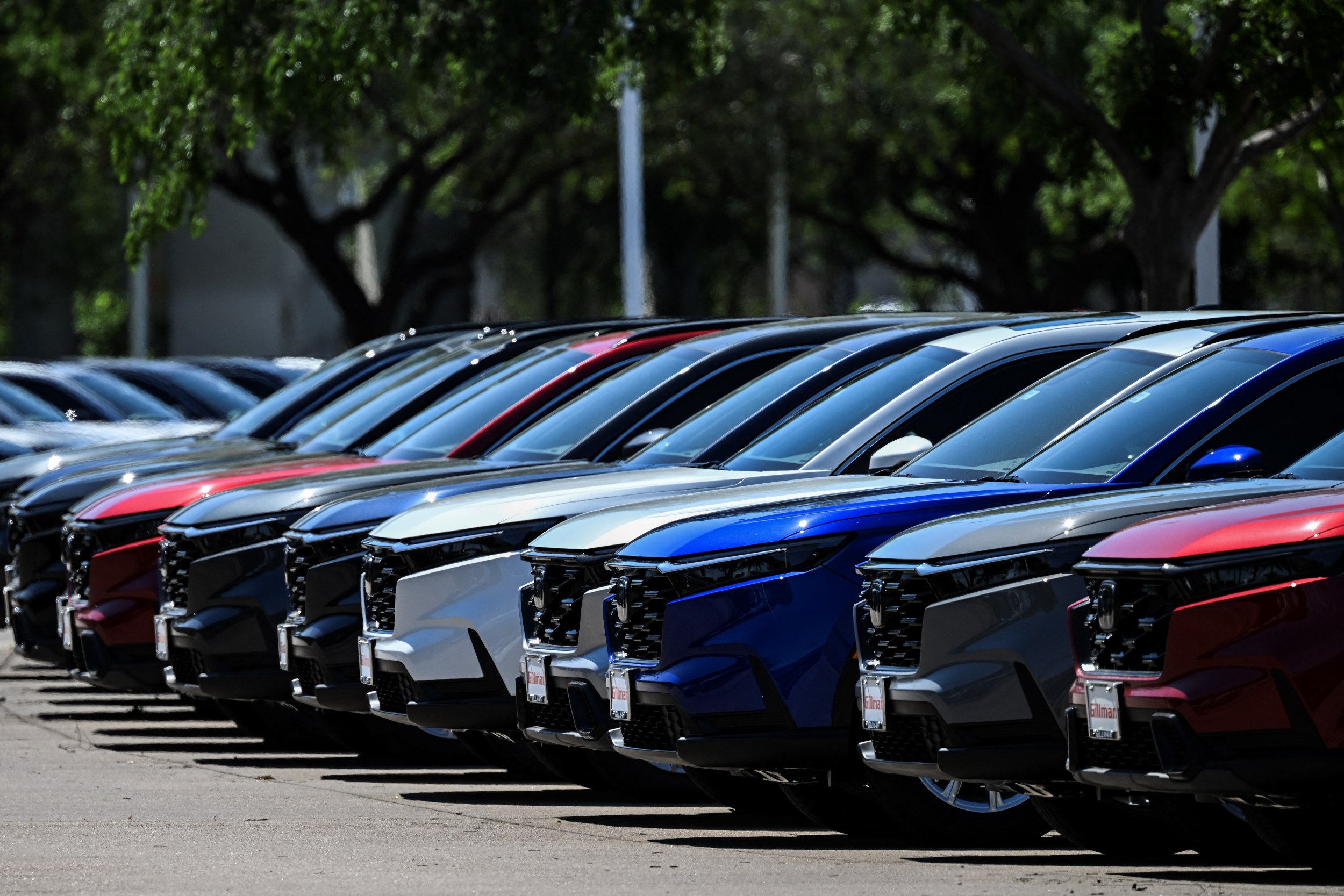
WASHINGTON – US President Donald Trump on Tuesday signed a proclamation allowing a certain level of compensation for automobile manufacturers importing auto parts and assembling cars in the United States, reflecting the growing opposition to tariff policies across various sectors.
The 25-percent tariff on imported automobiles previously announced took effect on April 3, while the 25-percent tariff on automobile parts is scheduled to take effect on May 3.
The latest measure offers an "offset" to a portion of tariffs for automobile parts used in US-assembled vehicles equal to 3.75 percent of the manufacturer's suggested retail price of a manufacturer's US production for the next year, and 2.5 percent of US production the year after.
This is equivalent to exempting 15 percent of the value of US-assembled automobiles from tariffs in the first year and 10 percent of the value in the second year, according to a White House fact sheet.
"The proclamation modifies the tariff action on automobiles and automobile parts by encouraging manufacturers to assemble their automobiles in the US, thereby reducing American reliance on foreign imports of automobiles and automobile parts," the White House said.
READ MORE: Trump announces new 25% auto tariffs
Official data showed that in 2024, Americans purchased a total of 16 million vehicles, half of which were imported. Among the 8 million vehicles assembled in the US, the average domestic content was about 40 percent to 50 percent.
The latest measures will also ensure that automobile manufacturers are exempt from being subject to multiple tariffs. For example, a manufacturer may only need to pay a 25 percent tariff on a specific automobile part without being required to pay an additional 25 percent tariff on the steel and aluminum materials used in that part.
"It's another example of 'trade policy for sale' - in this case to effective lobbying by the auto industry," Gary Clyde Hufbauer, a non-resident senior fellow at the Peterson Institute for International Economics, told Xinhua.
On April 21, an alliance of US and international automakers sent a letter to the Trump administration requesting a tariff exemption similar to that granted to electronic products.
ALSO READ: Concerns voiced as tariffs weigh in on NY auto show
"Tariffs on auto parts will scramble the global automotive supply chain and set off a domino effect that will lead to higher auto prices for consumers, lower sales at dealerships and will make servicing and repairing vehicles both more expensive and less predictable," the letter reads.
CNN cited three White House officials familiar with the discussions as saying that the decision to ease auto tariffs came as Trump fielded calls from multiple CEOs of automakers.
Senior Commerce Department officials who previewed the new actions told reporters on Tuesday that those CEOs complained that Trump's steep tariffs would hurt production and hiring in the US, the report said.
It's also "an attempt to deflect public criticism in the event that auto prices rise in the second half of 2025”, said Hufbauer.


